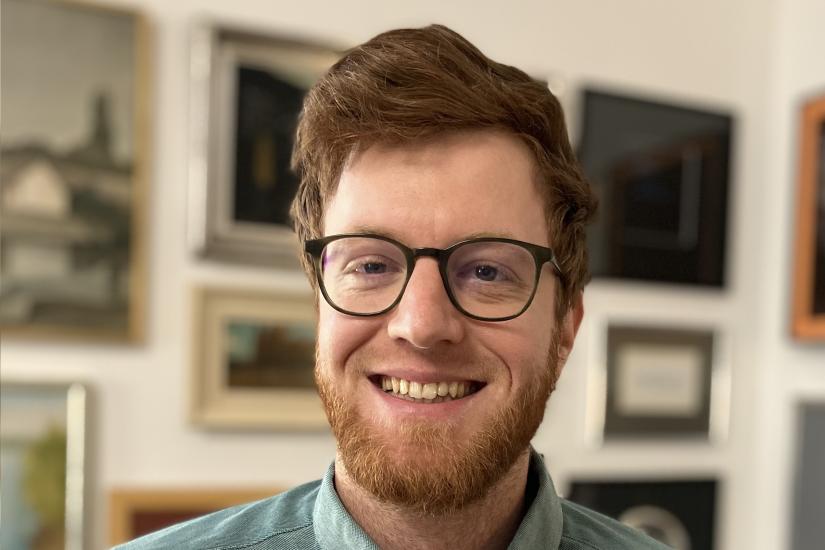
There will be two talks at this seminar. See the details of the other talk here.
ABSTRACT / Consistently, a foundational goal of network theory has always been the exploration of models that adeptly capture the inherent characteristics of real-world networks. The success of hyperbolic network models, such as the PSO (popularity-similarity optimization) model, can be attributed to their ability to simultaneously and naturally capture many universal features of real-world networks, including e.g. sparsity, scale-free property or high-clustering coefficient. Recent numerical studies have revealed that hyperbolic network models generate highly modular structures as well, a somewhat surprising observation, given the absence of explicit community formation steps in their model definition. The present talk covers the basic concepts of hyperbolic networks and discusses current analytic results on the extremely modular nature of PSO networks. In a close connection with the previous findings, I will also introduce and comprehensively discuss a novel hyperbolic node embedding algorithm that exploits the interplay between community structure and embeddings.
BIO / Sámuel G. Balogh, Ph.D., is a physicist by training whose specialization lies in the foundational aspects of complex systems and network theory. He earned his Ph.D. in Statistical Physics from Eötvös University in recognition of his achievements in network science and statistical physics. His research interest covers various areas including epidemic modeling, geometric networks, hierarchical self-organization, community detection algorithms, percolation theory, anomalous diffusion, and generalized entropies. He is currently working as Research Fellow in the Department of Artificial Intelligence at the Alfréd Rényi Institute of Mathematics, and in the Department of Biological Physics at the Eötvös University.